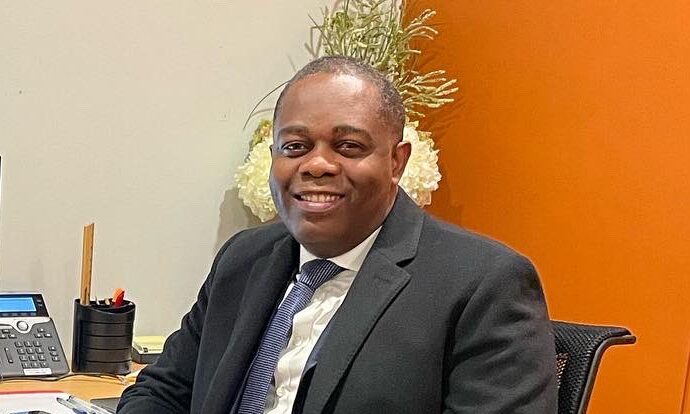The National Health Insurance Authority (NHIA) is expanding its health insurance coverage to fund the treatment of Vesicovaginal Fistula (VVF) in Nigeria, aiming to provide greater healthcare access for vulnerable populations. This initiative was announced by NHIA Director-General, Dr. Kelechi Ohiri, during the Joint Annual Review (JAR) meeting held in Abuja.
The annual JAR meeting serves as a critical platform for evaluating the progress of Nigeria’s health sector, focusing on the effectiveness of the Sector-Wide Approach (SWAp). It brings together stakeholders to review achievements, identify challenges, and explore strategies for enhancing healthcare delivery across the country.
Expanding Healthcare Access for Vulnerable Groups
Dr. Ohiri highlighted that the NHIA is intensifying its efforts to provide essential healthcare services to approximately 2.4 million low-income Nigerians. This initiative falls under the Basic Healthcare Provision Fund (BHCPF) and aims to deliver critical health services without imposing financial burdens on the country’s most vulnerable populations.
“The goal is to ensure that healthcare services are accessible and affordable, especially for those who cannot afford out-of-pocket expenses,” Dr. Ohiri stated. He emphasized that the NHIA is collaborating with state health insurance agencies to channel funds directly to healthcare providers. These providers will deliver free or subsidized services to eligible beneficiaries, thereby improving access to quality care.
Commitment to Universal Health Coverage
The NHIA is also focused on achieving Universal Health Coverage (UHC) by monitoring healthcare providers and insurance agencies to ensure high standards of care and accountability. Dr. Ohiri noted that the NHIA actively seeks feedback from citizens and collaborates with both public and private sectors to extend health insurance coverage to informal workers and marginalized communities.
“Our approach includes continuous monitoring to uphold the quality of healthcare services, ensuring that every citizen benefits from these initiatives,” he added.
Embracing Sector-Wide Approach (SWAp) Principles
Dr. Ohiri highlighted the transformative potential of implementing SWAp principles within Nigeria’s health sector. He identified transparency, accountability, and effective resource allocation as critical components for success. The SWAp framework is designed to enhance monitoring and ensure efficient use of resources, making a tangible impact on healthcare delivery.
He emphasized the importance of aligning efforts among federal agencies, state health offices, and development partners to achieve shared health goals. Addressing the need for adaptable strategies, Dr. Ohiri drew on Mike Tyson’s famous quote, “Everyone has a plan until you get punched in the face,” stressing the need for flexible health policies to address real-world challenges.
“We must focus on flexible and locally responsive strategies to achieve better health outcomes in Nigeria,” Dr. Ohiri concluded, urging stakeholders to collaborate in driving sustainable improvements in the healthcare sector.











